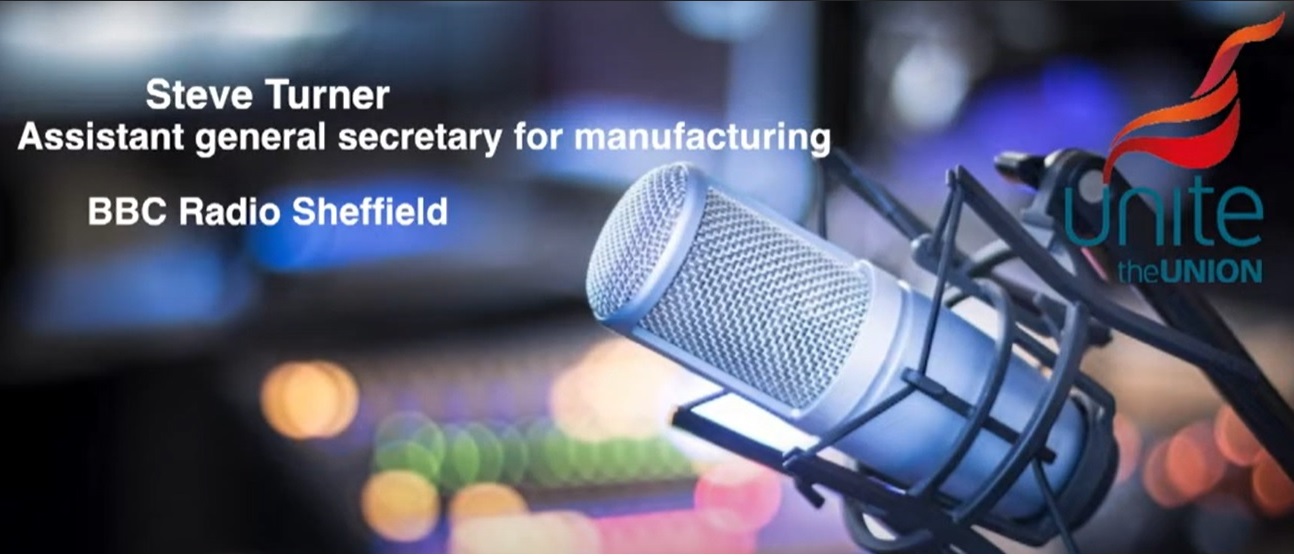Recognise our value
Shipbuilders on the Clyde breathed a sigh of relief when the UK government announced last month that work on the Type-26 frigate programme would begin in earnest next summer, after the project had been plagued by delays.
The announcement by defence secretary Michael Fallon was met with much fanfare and meant that jobs would be secured on the Clyde until 2035.
But now it has been revealed that despite Fallon’s commitment to the new timetable, the defence company in charge of building the ships, BAE Systems, has not yet signed the contracts for the project.
A Whitehall source told the Daily Record that there is no risk that the project will fall through – that it is only trying to hammer out all the details with BAE Systems before signing the contracts.
“They have agreed where it will be built and what it will look like, but there are still issues like how much are we going to pay for them?” the source said.
The revelation comes as a new review into the future of naval shipbuilding in the UK was released earlier this week.
Review
The review, conducted by industrialist Sir John Parker, argued that a â€sea change’ was necessary in how government contracted work for naval shipbuilding — it slammed the government for protracted delays in ordering and building new ships; maintaining Royal Navy fleet’s ageing ships beyond when they should have been retired end up costing the taxpayer more in the long-term.
Although Parker criticised the Ministry of Defence’s overreliance on BAE Systems and shipbuilding on the Clyde, he emphasised that BAE shipbuilders were best suited for carrying out the complex Type-26 frigate programme.
Unite Scottish secretary Pat Rafferty highlighted that shipbuilders on the Clyde, Rosyth and elsewhere in Scotland have the skills necessary to maintain the UK’s reputation as a preeminent naval shipbuilding centre.
“Unite members at BAE Systems on the Clyde have world-class skills, and we worked hard as a union to make sure they benefited from the recent announcement that they would build eight new Type 26 frigates,” he said.
“Any future changes to naval defence contracts must recognise the value offered by workers in Scotland – including the Clyde, Rosyth and beyond – and must ensure that they get a fair share of future work, not just token gestures.
“We will take time to read Sir John Parker’s report in detail, and make representations to government on behalf of our members.”
Pressing issue
Shipbuilding on the Clyde is a major economic boon to the area – it supports 10,000 jobs and generates £260m in wages in the economy.
Unite also called on the UK Government to make sure that workers in Scotland benefit from contracts to build new supply ships for the Royal Fleet Auxiliary.
“This is a pressing issue that can’t wait,” Rafferty said. “Our main concern is to make sure that the work does not go abroad. The MoD has already sent a contract for one of these supply ships to South Korea, and that can’t happen again.
“It is vital that these contracts are used to support skilled manufacturing jobs in Scottish shipbuilding. Losing them would be devastating.”
Unite has sought to fight a growing trend in exporting UK defence work abroad through its campaign Defend our Spend. Its aim is to lobby the UK government to keep defence work in the UK – it’s better for local economies and better for our national defence strategy.
Find out more here.
 Like
Like Follow
Follow


